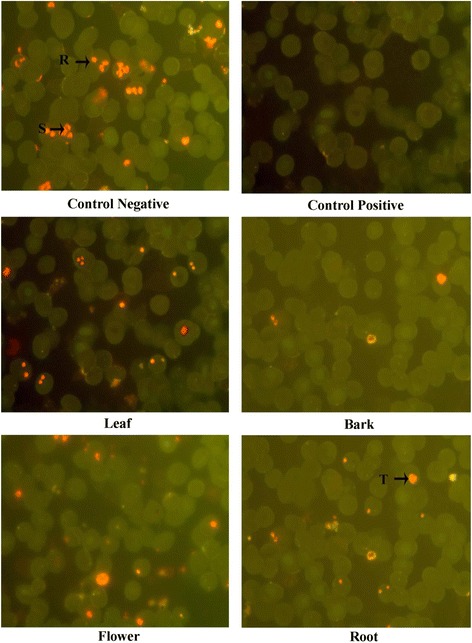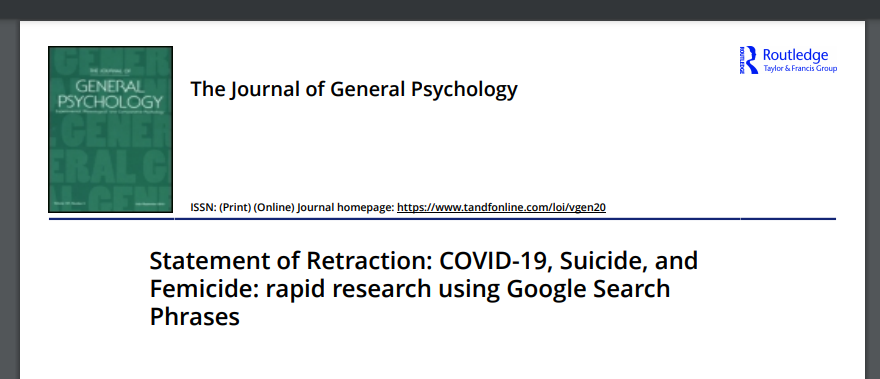
A Japanese anesthesiologist has been found guilty of fabricating data and other misconduct in 142 articles, leading to his termination and the sanction of several of his co-authors.
Showa University says its investigation into Hironobu Ueshima, the existence of which we first reported on last June, found that the prolific researcher had doctored his results, falsified his findings and tinkered with authorship.
The university’s report on the case is available here, in Japanese, and a similar report from the Japanese Society of Anesthesiologists is available here in English. The JSA report cites 142 papers — including 120 letters to the editor, 12 original papers, and 9 case reports — with evidence of misconduct including fabricated data and improper authorship. The investigation also found evidence of misconduct in several unpublished studies by Ueshima. By our count, he has six retractions to date.
Continue reading Anesthesiology researcher guilty of misconduct in more than 140 papers: Investigation







